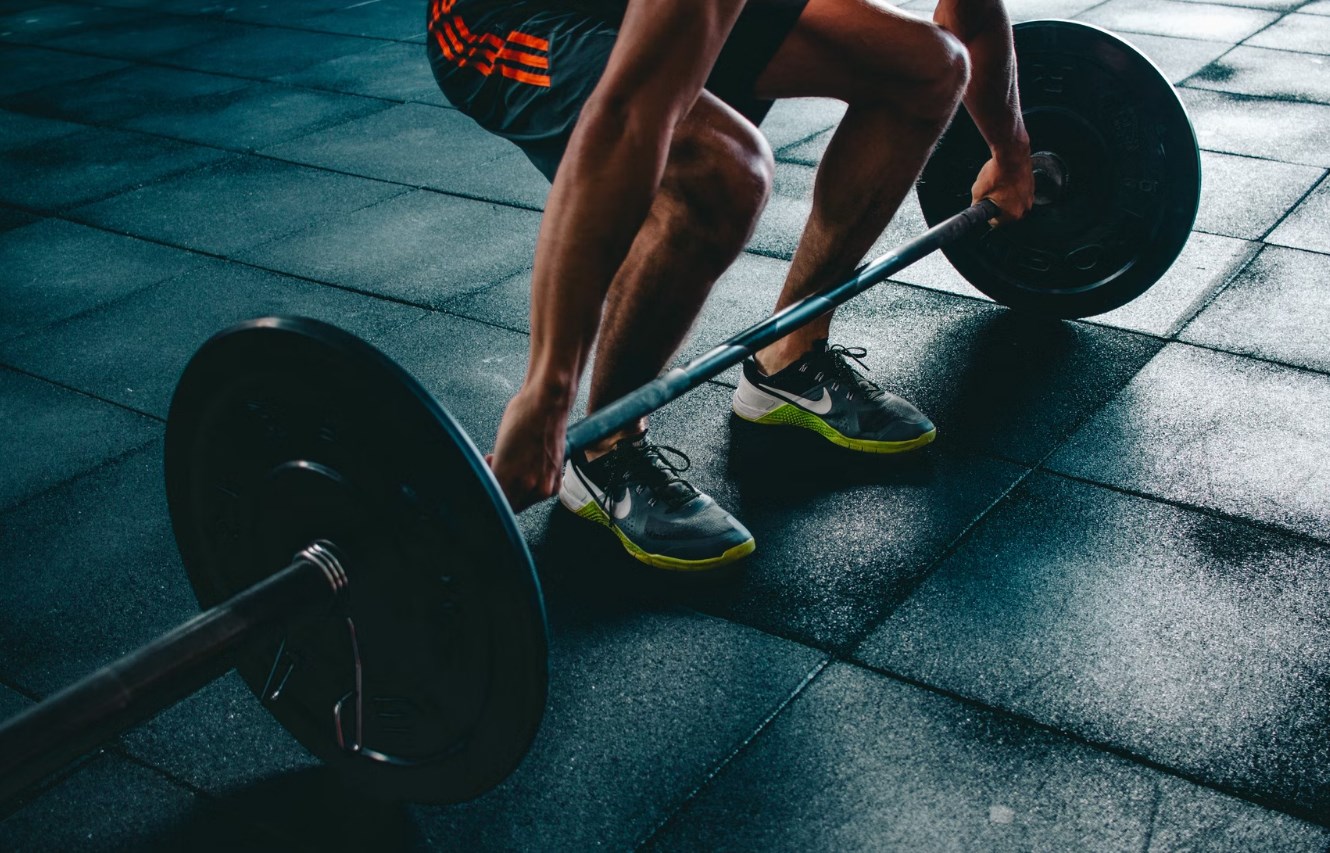A Good Strength and Conditioning Coach Makes a World of Difference
Long distance cardio makes you good at long distance cardio, strength and conditioning work – short, fast, and brutally intense – makes you good at everything.
Problems with NOT Having a Strength and Conditioning Coach
If a trainee does not hire a personal trainer or strength and conditioning coach, they are usually relying on one or all of three ways to learn to lift. The first is via reading. Unfortunately, text books do not cater for differences in people’s mechanics. So, for example, in a text book it will usually state that to squat you need to have your feet just inside shoulder width apart, feet pointing straight, bar sitting around your neck. How is that going to help the 6 foot tall ectomorph with hip mobility issues? It’s not. It will in fact be detrimental.
The second way is to watch other people in their gym. This is possibly the worst thing that you can do. I regularly train at commercial gyms to get out of my workplace gym. Without embellishing at all, to make my point, 99.9% of trainee’s could be doing their exercises in a far more efficient manner. I shudder at what I see in gyms all the time. But I have learned over the years to let people do their thing and hopefully they will learn differently over time by hiring a coach. This would be the single best way to learn terrible lifting habits, behaviours and techniques.
The third way is to watch YouTube videos. Now here it is pot luck. If you are “in the know” then there are some absolutely outstanding coaches such as Squat University, Mark Rippetoe, Juggernaut to name a few. But most “trainers” on YouTube are woeful and cringeworthy. So, it comes down to who you choose to view. And then to actually apply what you see on YouTube to yourself in the gym is a whole other issue.
The Difference Between a Personal Trainer and a Strength and Conditioning Coach
Any program can make you exhausted. A great program will make you perform better.
That is the crux of it. Personal trainers generally can make up any old program on the day, flog their client into believing they did a great workout, only to front up again 2-3 days later and flog them again, without actually improving their performance.
A strength and conditioning coach will usually be degree qualified, have a far more in-depth understanding of the human body and will use savvy exercise prescription to ensure the client steadily progresses in performance, physique and health.
Why Do Coaches Have Strength and Conditioning Coaches?
I am a 6 time bodybuilding and powerlifting champion. The strongest woman in Australia over 50 and I have a coach. Yet I have been coaching myself for 35 years. All outstanding coaches have coaches. Why? Mainly because of our own biases. Sometimes you “cannot see the forest for the trees”. Having a coach view you either in person or nowadays on-line is almost equally as good (my coach is on-line). You can receive critical technical feedback from another set of eyes (via video if on-line). Further, you also have someone as knowledgeable or more so than you that you can bounce ideas off each other. Sometimes, others can see what you need to become better, than you can’t see yourself. To say nothing of the accountability as well to keep you consistent.
What Should You Look for In a Coach/Strength and Conditioning Coach?
There is a huge difference between a trainer and a coach. That would take a book to explain. But these are the things that I personally would look for in a prospective coach:
- Bachelor of Science in Human Movement or equivalent
- Bachelor of Nutrition OR qualified ISSN nutritionist (PTs are NOT supposed to dispense dietary advice they simply do not have the knowledge
- Strength and Conditioning qualifications
- Proven sports performance themselves and/or
- Proven social proof of successfully, profoundly and significantly improving many other athletes and recreational trainees to feel, look and perform better
- Being a Recomposer specialist is a bonus.
- Rapport. You need to feel you can trust your coach and be open and honest in your communication
- Signs of professionalism (how quickly do they respond, how efficient do they seem, how caring and interested are they, and do they listen to you?
- A COLLABORATOR. You want a coach who will work WITH you and your current lifestyle not what they think it should look like. You do not want to work with a “Hitler” whose attitude is “it’s my way or the highway”. That is not coaching.
- Someone who sits in the passenger seat of your car. You’re in the driver’s seat but they gently guide you when you steer off course.
The Benefits of a Strength & Conditioning Coach
To be frank, they are endless. However primarily they are going to be able to expedite your results far more quickly than if you were going at it alone or with a hack PT.
They have the tools and strategies to troubleshoot very quickly, technically assess you and thus devise a method of training that will improve your athletic skills more quickly. They will understand body composition and its effect on your performance and will be able to monitor and provide education in that department.
Of course, with their periodisation of programming they are going to reduce the likelihood of injury.
Finally, and still really important strength coaches can have a lifetime impact on trainee’s be they recreational or elite superstar and have the ability to create a thriving culture. An outstanding coach will teach their clients to overcome fears, and deal with pressure; leaving their comfort zone, and overcoming self-doubt.
A wonderful strength coach will improve their client’s performance, but even in my case, if you listen to my testimonials, most clients refer to other more mental wins like those listed above as the game-change in coming to me. Coaches have an acute, valuable impact on lives, not just sports skills.

